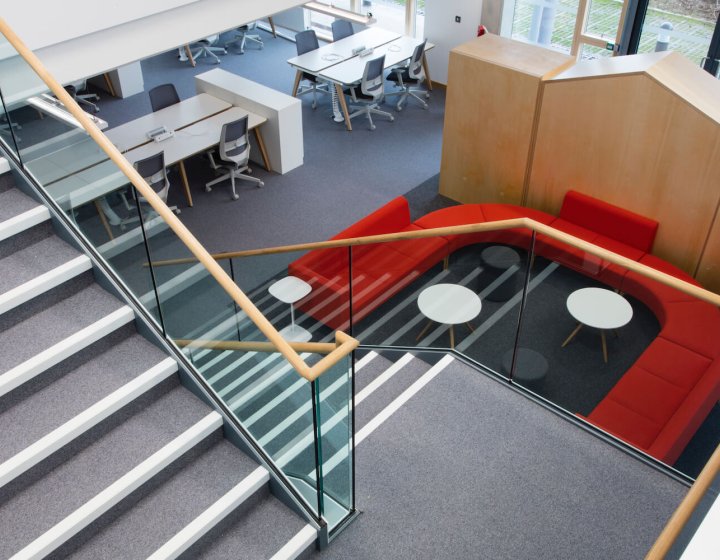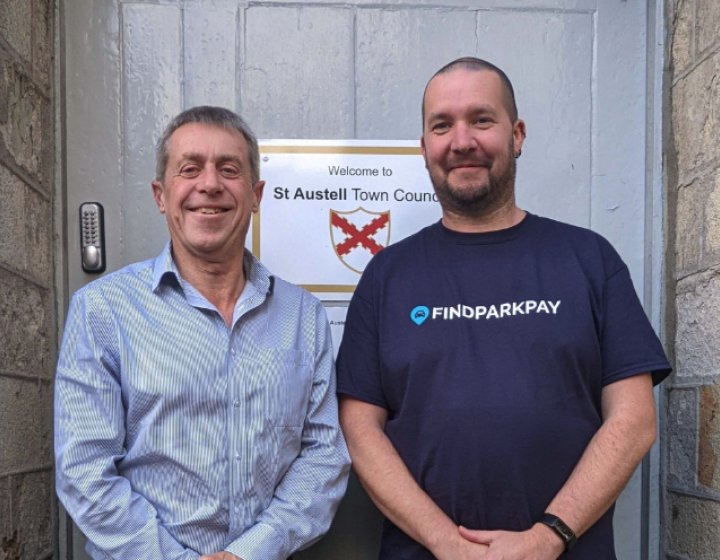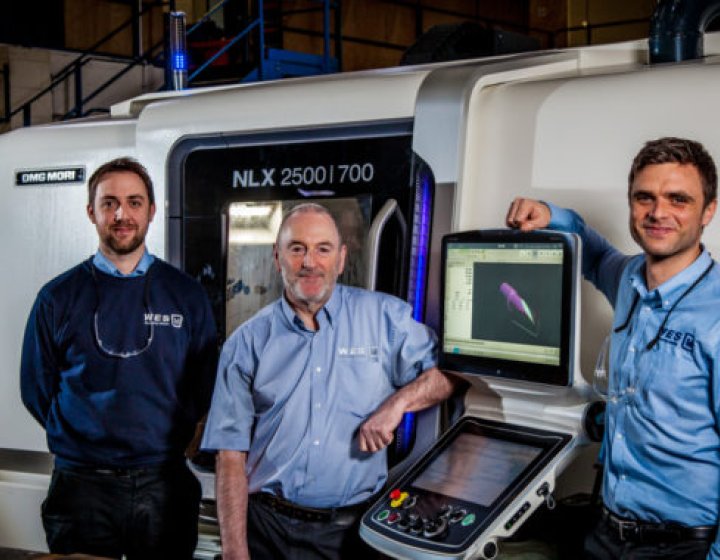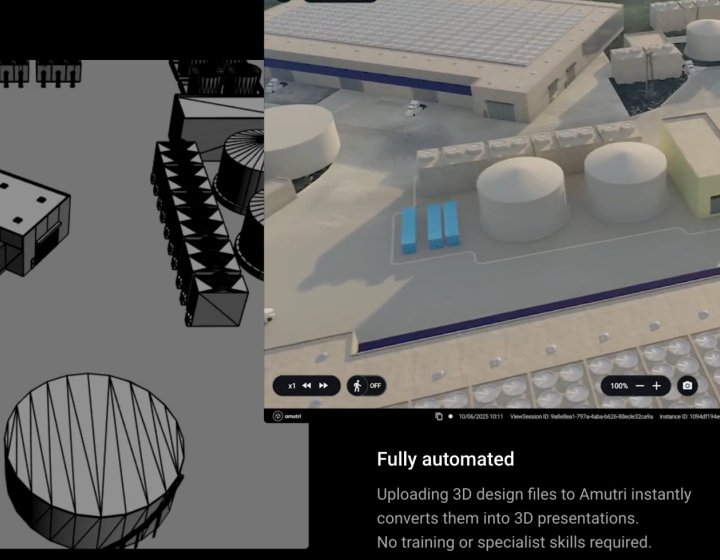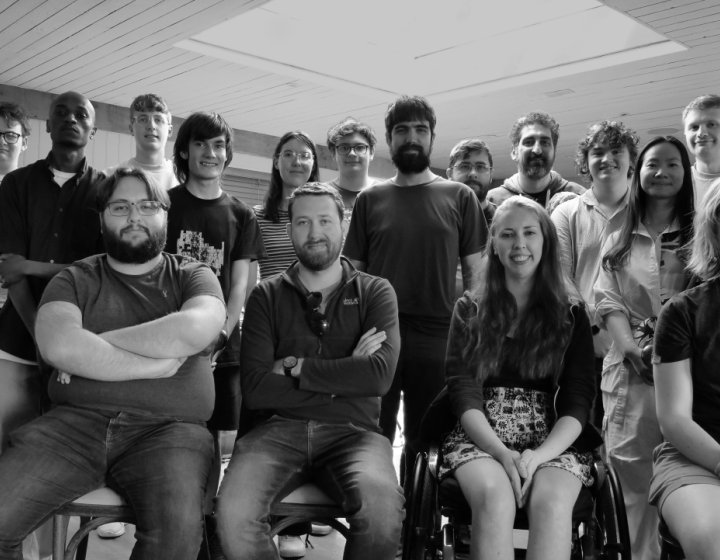Podcasting for businesses
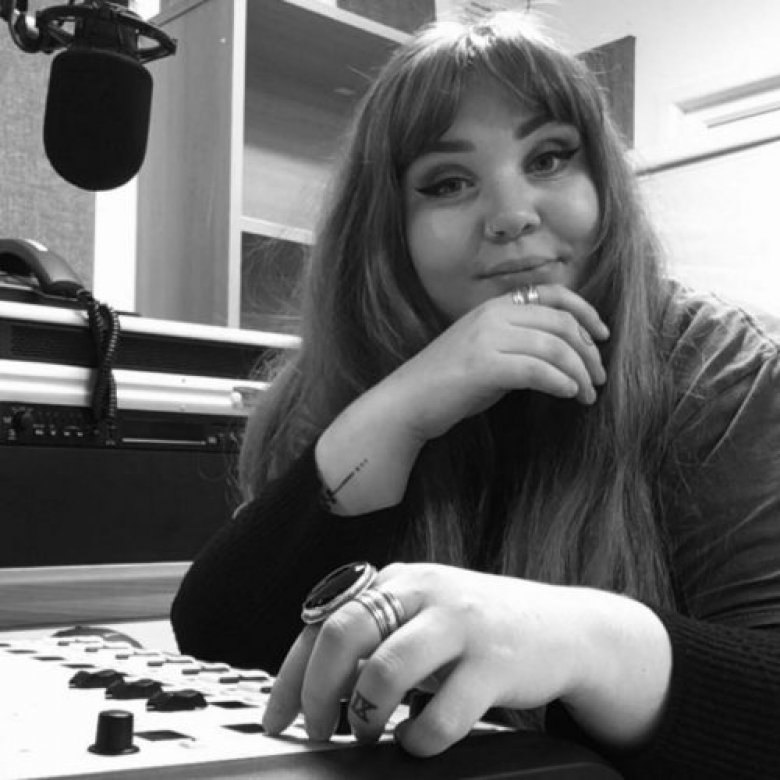
Written by Aimee Rigby, producer of Zero Waste Kode, Launchpad start-up GreenKode's bi-monthly podcast.
You may think podcasts are just for true crime and YouTubers. But podcasts can reach your demographic in an informal and educational mode.
What kind of businesses can podcasts be appropriate for?
As the podcast producer for Zero Waste Kode, an interesting and inspiring podcast about the sustainability efforts of a plethora of different companies and organisations, I have observed the ways in which podcasting can boost a business. Here are my top reasons podcasting can work in the world of work.
In short, if your business has a target demographic, then a podcast can work for you!
Whether you're a hospitality business or tech start up, you have a certain customer in mind. There are hundreds of podcasts made by businesses to engage their audiences in one form or another. For a tech start up, this may be talking to other start-ups and engaging in conversations about their ethos. For a restaurant, they may interview their suppliers, so their customers know where their food is coming from. Podcasts are the new radio stations; you don't need to wait for your business to be interviewed on radio- do it yourself!
Here are some top business podcasts:
- Restaurant podcasts
- An organisation podcast
- Business podcasts
The reason podcasts are so popular, and indeed the reason there are millions of them, is because they are so easy to make.
What is the value of a podcast to a business?
When thinking about whether to visit your establishment or buy your product, a customer is likely to do some research on your business first. If they find a podcast, filled with your ethos, great things you're doing, or talking to others with similar interests, they are likely to feel personally touched by your business. We all have our favourite businesses, and a lot of our attraction is to do with personal connections and feeling valued. If a customer can get to know you better, they're likely to keep coming back.
Furthermore, the networking possibilities are endless. If there is one thing the pandemic has taught us, it's that we must stick together. An interesting way to structure a podcast is to interview like-minded businesses or those who may be interested in you. They get the promotion and the opportunity to talk about their achievements, and you gain a valuable contact that keeps conversations open.
How do podcasts work?
The reason podcasts are so popular, and indeed the reason there are millions of them, is because they are so easy to make. Once thought to only be doable by professionals, radio-quality podcasts can be achieved with nothing more than a laptop and some editing software.
If you're looking to create a podcast which voices your personal interests, you just need a microphone; and this could be the microphone on your phone or earphones. If you're looking to interview people, ZOOM internally records your interviews and gives you an MP3 file at the end.
You can learn how to use an editing software via a YouTube video in a couple of hours, and voila! You have a podcast. All you need to do now is upload it somewhere like SoundCloud or Anchor.FM for people to listen to it!
Here are my top 10 tips for a successful podcast...
- If you're interviewing, prepare questions in advance. This ensures you can get the most out of your interview as you will have researched the company. Natural conversations and questions may crop up, but prepared questions mean you can focus the interview and make sure it doesn't go off-topic.
- When editing interviews or audio clips, fade the clips in and out using editing software. This makes the audio less jarring to listen to.
- Use Otter.Ai for transcriptions! It's not perfect, but it will cut your transcription time in half.
- During your podcast recording, turn off all sources of noise. I turn off my mini fridge, a humidifier and my Google Home (in case someone says "Google!")
- Try and record with two devices at the same time. Technology is great; but it isn't always reliable. Whilst recording internally on Zoom, I also use the record app on my phone to make sure I have a back-up if the Zoom MP3 corrupts.
- On the theme of back-ups: back up everything. Use a Google Drive if you haven't got a memory stick or hard drive. Audio files are so easily lost or destroyed, it is imperative to have backups.
- If you are interviewing, research how to pronounce names if you're not sure. It makes the interviewee feel more comfortable, and they're probably sick of telling people how to pronounce their last or first name.
- Have your podcast demographics and listenership information to hand. A lot of the time, potential interviewees will want to know who will be listening to them, so make sure you know this information.
- When sourcing interviewees, try to find a media or press email. You are more likely to get a response for your podcast through the media team than a general or info email.
- When recording, sound interested and happy! Nobody wants to listen to someone who sounds bored. Smile whilst recording, and your voice will naturally sound happier.
